Materials for Tungsten Cemented Carbide Balls
- Details
- Category: Tungsten Information
- Published on Friday, 12 September 2025 16:37
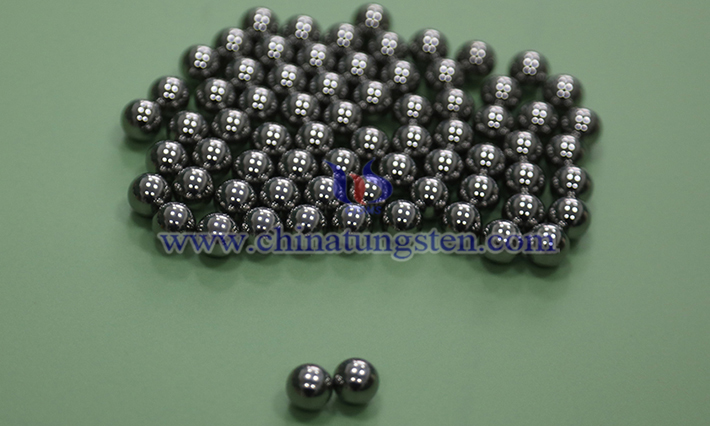
I. Main Materials for Tungsten Cemented Carbide Balls 1. Tungsten Carbide (WC):
This is the primary component of tungsten cemented carbide balls. It possesses extremely high hardness and wear resistance, and serves as the core material providing the ball's strength.
Surface Quality Inspection Methods for Tungsten Cemented Carbide Balls
- Details
- Category: Tungsten Information
- Published on Friday, 12 September 2025 16:35
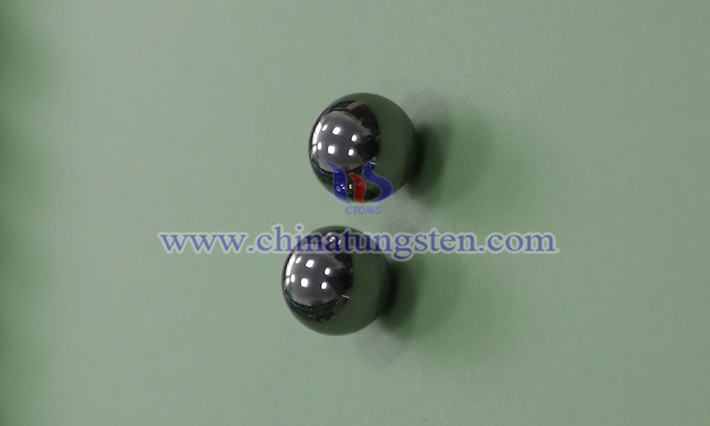
Due to their high hardness, wear resistance, and excellent mechanical properties, tungsten cemented carbide balls are widely used in precision bearings, valve seals, and measuring instruments. Their surface quality directly impacts service life, sealing performance, and operating accuracy, making surface quality inspection a critical step in production and application. Surface quality inspection primarily focuses on defects (such as cracks, pits, scratches, and pores), roughness, uniformity, and residual stress. The following introduces several commonly used inspection methods, combining traditional techniques with modern nondestructive testing methods to address various precision requirements and production scenarios.
Tungsten Carbide Balls Quality Control
- Details
- Category: Tungsten Information
- Published on Friday, 12 September 2025 16:28
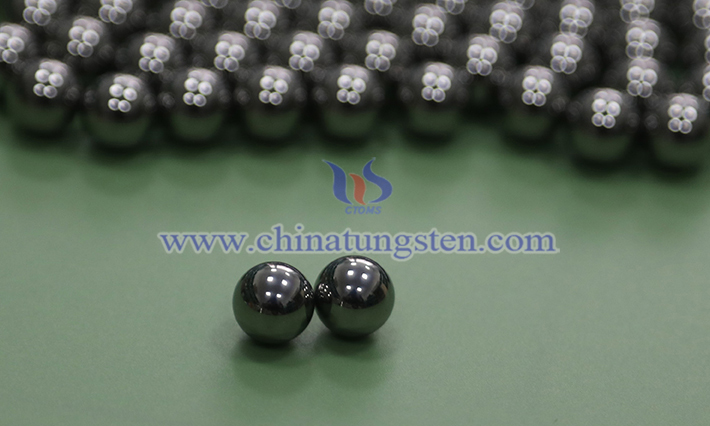
Quality control of tungsten carbide balls is critical to ensuring their performance meets application requirements. This requires comprehensive management from raw materials and production processes to finished product testing, combining advanced testing methods with rigorous process monitoring to ensure stable product performance.
Tungsten Alloy Discs: The "Hardcore" Backbone of the Target Field
- Details
- Category: Tungsten Information
- Published on Friday, 12 September 2025 15:45
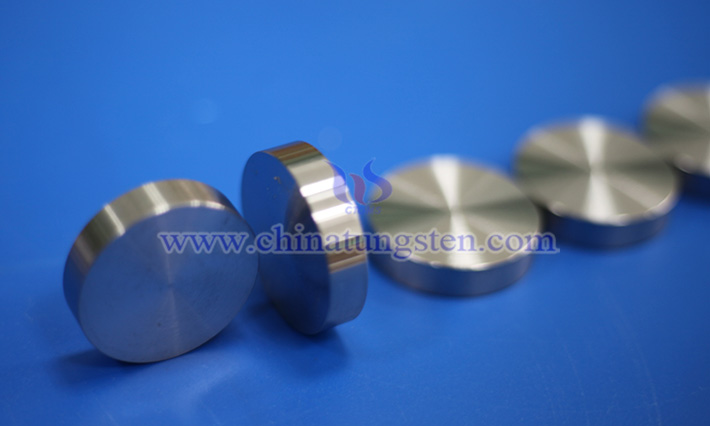
Tungsten (W), renowned as the "industrial tooth" for its high hardness, wear resistance, and chemical stability, plays a pivotal role in materials chemistry and manufacturing. As a refractory metal, tungsten’s atomic structure imparts a high melting point and excellent mechanical strength. When alloyed with elements such as nickel, titanium, or tantalum and formed into discs, its applications in the target field demonstrate outstanding performance.
Tungsten Alloy Discs: A Regulating Material in the Counterweight Field
- Details
- Category: Tungsten Information
- Published on Friday, 12 September 2025 15:42
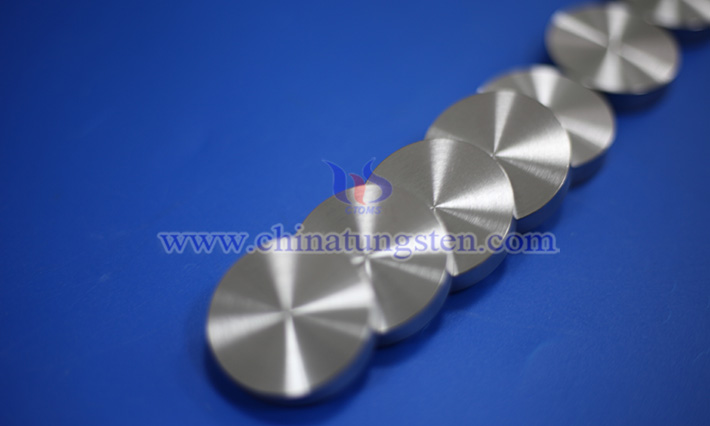
Tungsten alloy discs, leveraging their exceptional mechanical, thermal, and chemical properties, have become a critical high-performance material in the counterweight field. CTIA GROUP LTD tungsten alloy discs primarily consist of tungsten as the core component, supplemented with elements such as nickel, iron, and copper, and are manufactured through powder metallurgy processes. They are widely applied across various scenarios, from precision instruments to heavy equipment.
Performance Comparison of Tungsten and Titanium Targets
- Details
- Category: Tungsten Information
- Published on Thursday, 11 September 2025 20:31
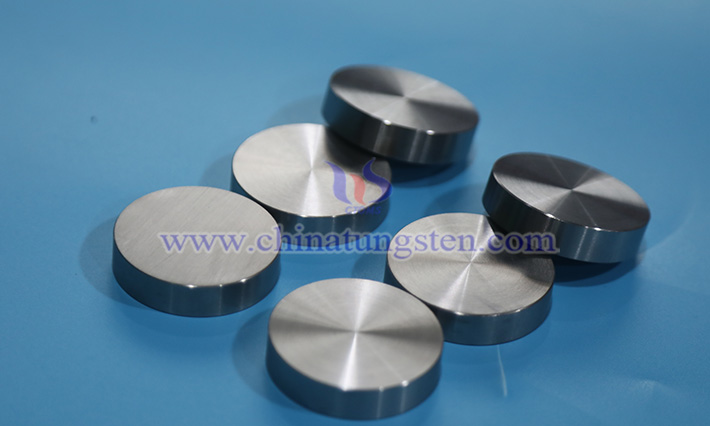
In the fields of thin film deposition and semiconductor manufacturing, the choice of target material plays a crucial role in process stability and product quality. Titanium and tungsten targets, as two commonly used sputtering materials, each offer distinct advantages in different application scenarios due to their unique physical and chemical properties.
Performance Comparison of Tungsten and Aluminum Targets
- Details
- Category: Tungsten Information
- Published on Thursday, 11 September 2025 20:27
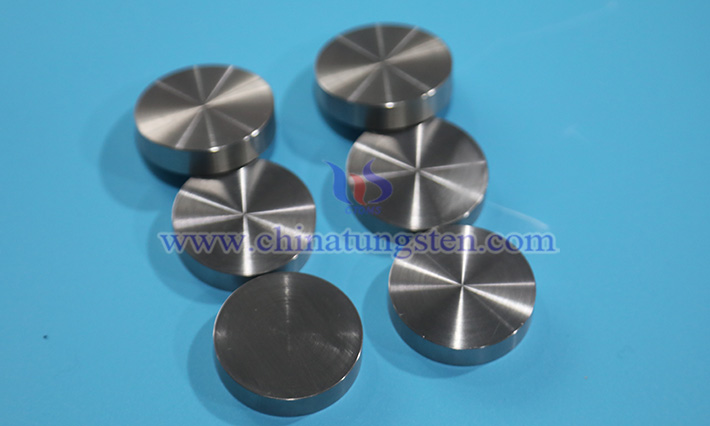
In the fields of thin film deposition and semiconductor manufacturing, the choice of target material is crucial for process efficiency and product quality. Aluminum and tungsten targets, as two commonly used materials in sputtering processes, have distinct application focuses due to differences in their physical and chemical properties.
Performance Comparison of Tungsten and Copper Targets
- Details
- Category: Tungsten Information
- Published on Thursday, 11 September 2025 20:22
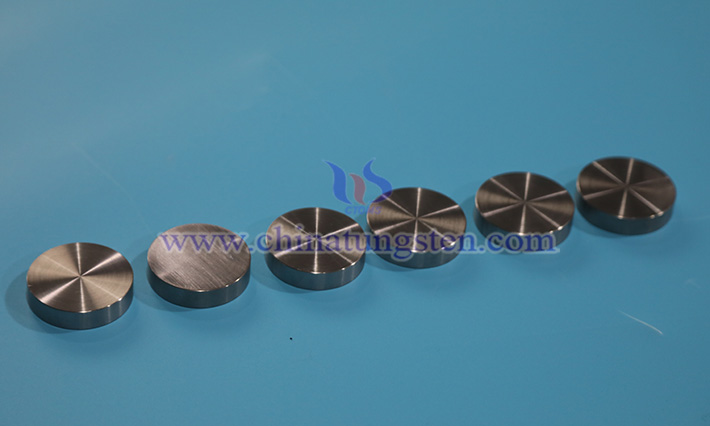
In the fields of semiconductor manufacturing and thin film deposition, the choice of target material significantly impacts process efficiency and product quality. Copper and tungsten targets, as two common sputtering targets, each have distinct advantages and disadvantages in terms of physical properties, chemical stability, and application scenarios.
Performance Comparison of Tungsten and Molybdenum Targets
- Details
- Category: Tungsten Information
- Published on Thursday, 11 September 2025 20:19
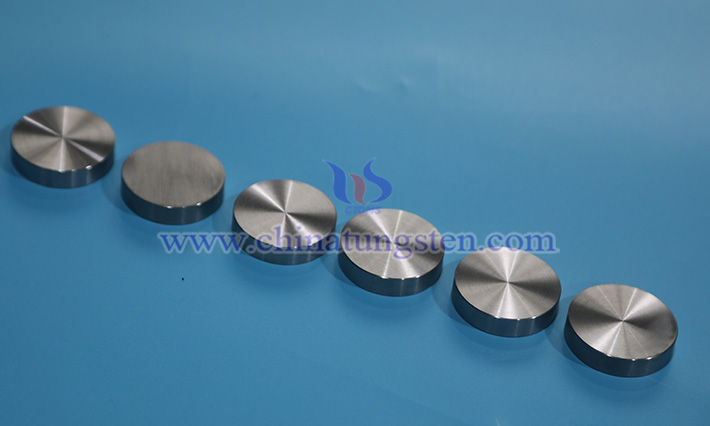
In the fields of thin film deposition and advanced manufacturing, the choice of target material significantly impacts process efficiency and product quality. Molybdenum and tungsten targets, as refractory metal targets, are widely used in the production of solar cells, display panels, and high-temperature coatings due to their high melting points and chemical stability.
Comparison of Tungsten Targets with Other Targets
- Details
- Category: Tungsten Information
- Published on Thursday, 11 September 2025 11:43
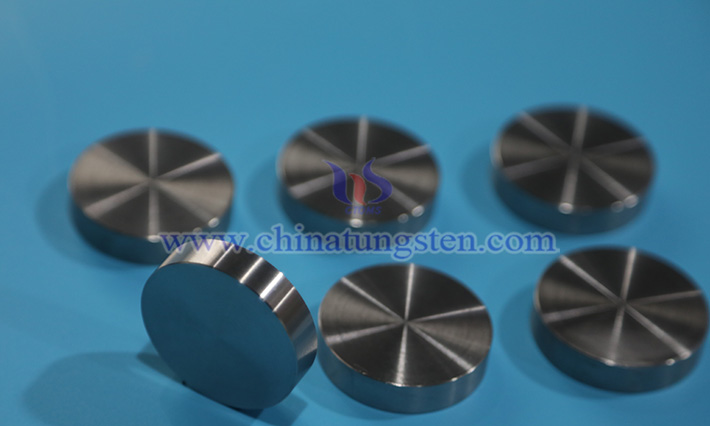
Compared to copper, aluminum, titanium, and molybdenum targets, tungsten targets exhibit significant advantages in high-temperature resistance, high density, chemical stability, mechanical strength, and thin film quality. Their stable performance in high-temperature, high-corrosion, and high-precision sputtering processes makes them the preferred material in semiconductors, medical devices, new energy, and optical coating fields.


 sales@chinatungsten.com
sales@chinatungsten.com